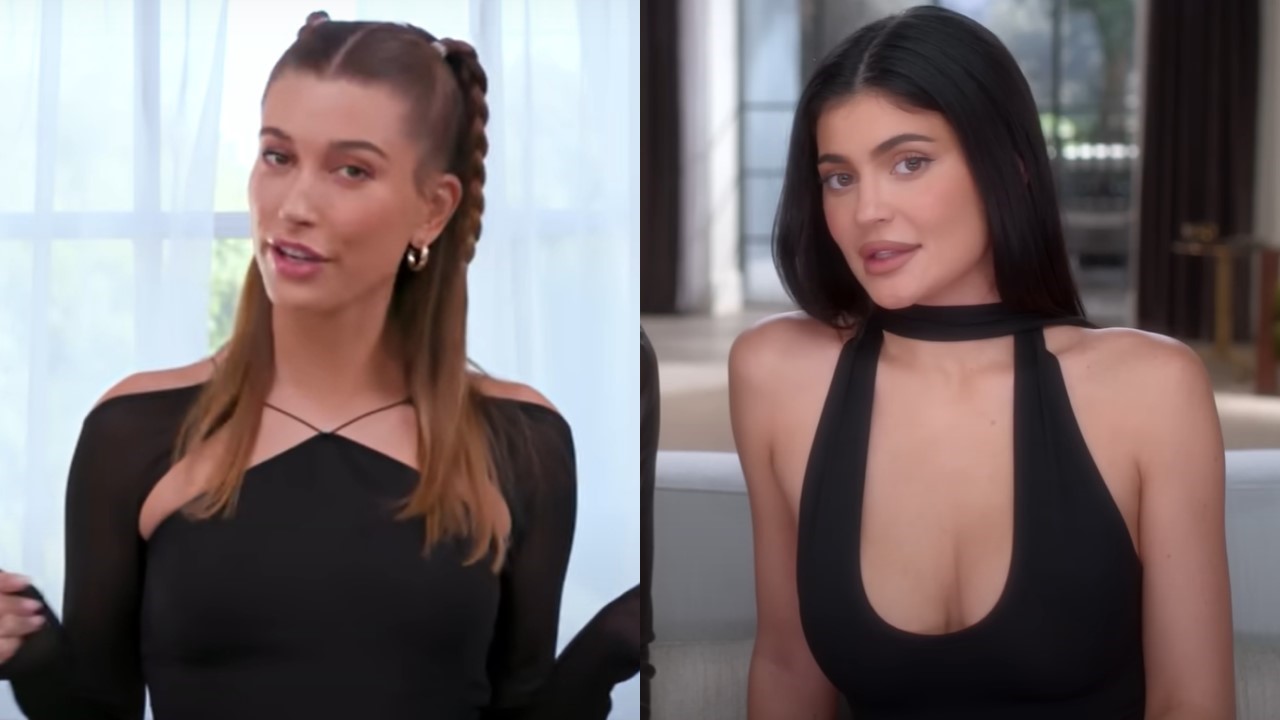Why The DCEU Should Explore The Elseworlds Stories
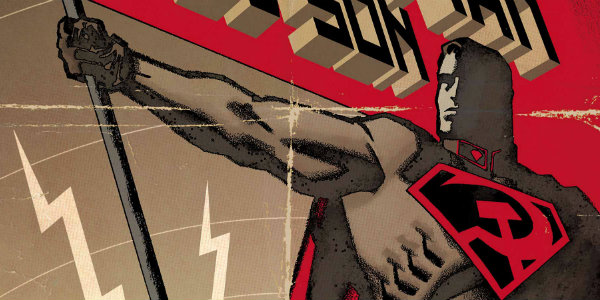
Your Daily Blend of Entertainment News
You are now subscribed
Your newsletter sign-up was successful
Following the release of Patty Jenkins' Wonder Woman, and looking forward to the upcoming release of Zack Snyder's Justice League, things seem pretty optimistic for DC. There's a wave of good-looking projects on the horizon for the DC slate, and fans appear to have discovered a newfound sense of hope for this increasingly robust silver screen world. However, the concept of a core DCEU timeline was turned on its head recently when it was announced that Warner Bros. and DC might be toying with the possibility of adapting the classic Elseworlds story Superman: Red Son.
The prospect of a Red Son movie materializing within the next few years is an unexpected development for the DCEU, but it's also an idea with a ton of potential. In fact, we would even go so far as to say that this is exactly what DC should be investing in at the moment. On that note, we have put together a list of reasons why Elseworlds stories (a.k.a standalone tales that exist in alternate realities) like Red Son represent a perfect creative direction for Warner Bros. and DC at this stage of the game. There are plenty of advantages to this type of storytelling. And yet, we exist in a world of complex cinematic universes. So let's kick this off with a talk about Elseworlds tales, and their freedom from continuity.
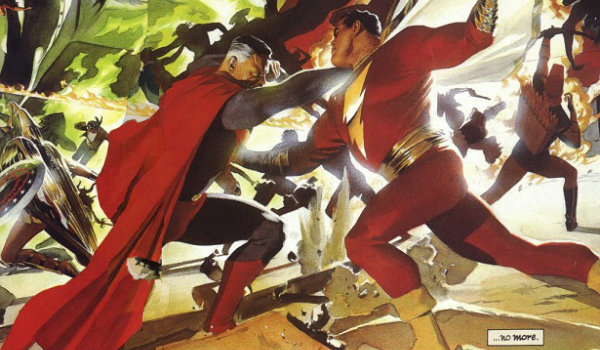
Elseworlds Don't Have To Worry About Continuity
Continuity: eventually it becomes a logistical nightmare for any cinematic universe. However, Elseworlds don't necessarily have to worry about that issue because, by their very nature, they exist in their own respective worlds. In fact, by moving away from the core DC lore, we could see stories like Mark Waid's Kingdom Come -- which centers on a dystopian future in which the "traditional" DC champions return to battle a new generation of heroes. The DCEU likely will always feature a central timeline that moves the main continuity forward, but investing in Elseworlds stories like Kingdom Come could allow the artists to take more risks and experiment with the medium. Characters can die, they can betray each other, and they can operate in ways that we have never seen before.
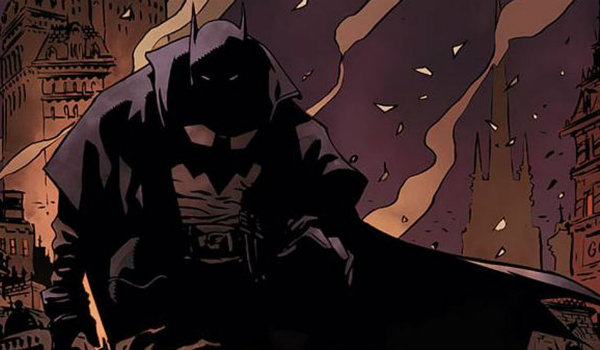
Elseworlds Stories Can Incorporate Unique Genres
One beauty of the Elseworlds concept is the notion that a story doesn't have to fall in line with a traditional "superhero" genre story. Elseworlds often feel experimental, and this could afford a filmmaker the opportunity to play around with story elements and concepts that often seem less feasible for properties set within an existing cinematic universe. For example, take a story like Brian Augustyn's Gotham By Gaslight, which sees The Caped Crusader hunt Jack the Ripper in a foggy, gas-lit version of 1889 Gotham City. We have addressed the film noir influence on Batman films before, but embracing the dark and dreary Victorian-era setting for a Dark Knight adventure could take the character into a realm that audiences have never seen before.
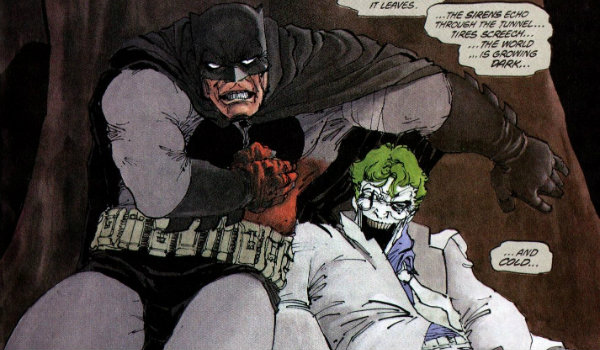
Some Of DC's Most Iconic Stories Are Elseworlds
Make no mistake, the influence of Frank Miller's seminal The Dark Knight Returns has already permeated most of the DCEU. Having said that, the main story is still an Elseworlds tale, and there are still plenty of remaining plot threads (such as Batman's war against The Mutants, or his final showdown with Joker in the Tunnel of Love) that could warrant standalone Elseworlds movies. That's the thing about Elseworlds stories: many of them are DC's most iconic legends, so not using them for solo films will inevitably require DC to leave some of its best ideas on the table. Elseworlds books have provided fans with some of the most iconic moments in the history of comics (DC or otherwise); it would be a waste not to embrace them.
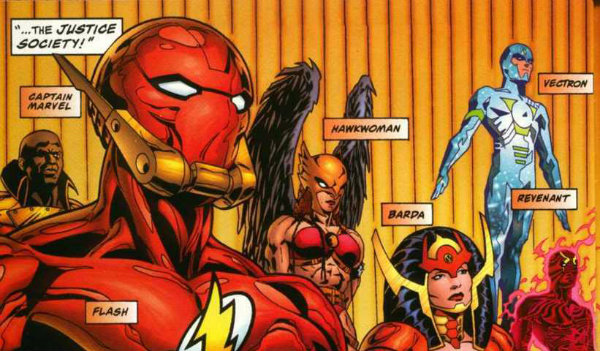
Elseworlds Stories Allow Artists To Use More Obscure Characters
The whole point of Elseworlds stories is the idea that they take place in alternate realities or on different versions of the main DC Earth. By going to these new realities, the stories often bring new casts of characters into the equation who look like distortions of existing DC personalities -- without feeling like retreads of tired archetypes and tropes. Is the November release of Justice League not up your alley? Then the heroes of the Justice Society might be for you. Are you sick of the same old Superman? Then what about a version of the character who grew up in Soviet Russia a la Red Son? Elseworlds tales feature some of DC's most obscure (yet most fascinating) characters, which means they're perfect choices to reinvigorate the superhero genre, and the DCEU.
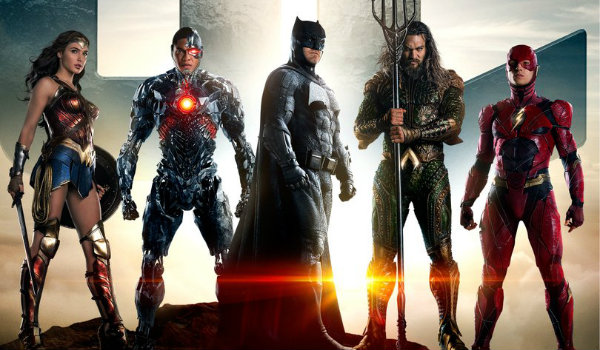
No Other Studio Has Embraced Elseworlds-style Stories Yet
Cinematic universes reign supreme these days, and while films like Logan have tried to distance themselves their overarching timelines, the fact remains that no major comic book-inspired franchise has gone all in on a true standalone story since Iron Man established the cinematic universe concept in 2008. Rather than continue the trend of interconnecting its projects, Warner Bros. and DC could set themselves apart by creating a series of films that feature definitive beginnings, middles, and endings, and don't necessarily have anything to do with the films that come before or after them. Critics have lamented the looming prospect of "superhero fatigue" in recent years, and this off-kilter approach could represent one of DC's best opportunities to remain fresh and distinct from the competition.
Your Daily Blend of Entertainment News
This poll is no longer available.
Originally from Connecticut, Conner grew up in San Diego and graduated from Chapman University in 2014. He now lives in Los Angeles working in and around the entertainment industry and can mostly be found binging horror movies and chugging coffee.

